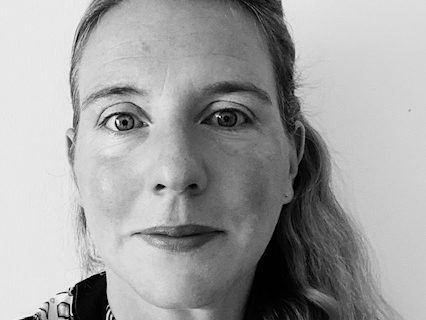Nina Weimann-Sandig
Even when things are normal across society, being a single parent is a balancing act. Single parents have to be both mother and father, handling all the tasks relating to nurturing, raising, and feeding their kids and managing day-to-day life all in one. Where two-parent families can alternate in how they handle family caregiving duties and paid work, most single parents have to handle both sides alone. In the best case, they have a carefully calibrated support network of institutionalized childcare and school, grandparents, and friends to fall back on, and ideally the other parent is also involved in raising the kids and provides financial support.
The pandemic has hollowed out this kind of normalcy for single parents. Periods of lockdown in particular bring a particular kind of social isolation for single parents and their children, with family caregiving and psychological stress both on the rise. While the political decision makers in Germany all agreed that the calls for employees to work from home had created a good way to balance family and working life during lockdown, the experiences of single parents showed that this well-intentioned idea wasn’t all it was cracked up to be. With employers demanding rigid working hours and requiring employees to be present or reachable with no consideration for the situation of single parents, when missing online meetings is viewed as cause for a disciplinary notice, it is absurd to speak of balance between family and working life. A large portion of single parents in Germany work part-time, so their income is seldom robust and the sole breadwinner has to prioritize work over schooling their kids.
This crisis has laid bare something that has long been discussed in education, but is generally relegated to the sidelines in the political sphere and public discussion: In a rich country like Germany, which prides itself on embracing plural family models at the policy level, single parents are still at greater risk of social exclusion and unequal opportunity to participate in society than families and children in other family models. All this means we should take this crisis as an opportunity, supporting the diversity of families not just when they are first being established, but also – and especially – when family members go their separate ways.

Nina Weimann-Sandig is an instructor of sociology and empirical social research at Evangelische Hochschule Dresden. Her research deals with the societal challenges faced by different family models. She is the deputy chair of the Lutheran Working Group for Families in Saxony and a member of the State Committee for Families of the Free State of Saxony.